IDF 2008: Boffins discuss 21st century tech
The virtual will dominate the next century of innovation: speculations from IDF.
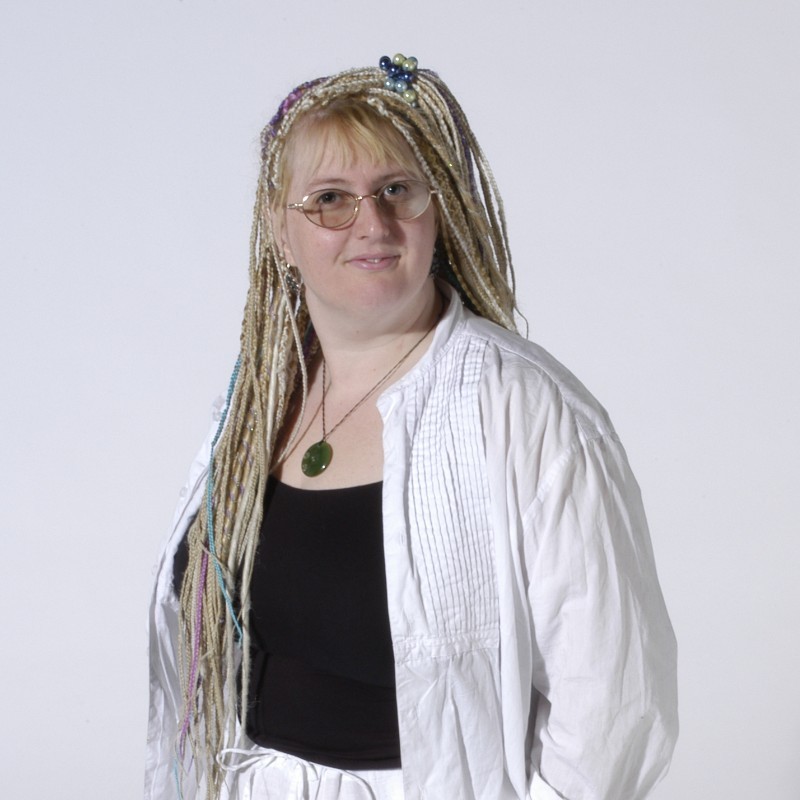
Industry brightlings convened at Intel's Developer Forum (IDF) in San Francisco this morning to discuss the central role that technology will play in embracing and overcoming what the 21st century has to offer.
The combination of electricity and mass manufacturing transformed the 20th century, according to senior Intel Fellow Gene Meiran, who coined the term knowledgification' for the 21st century equivalent.
"Where we depended on the physical like electrons and photons and hardware, in this century we're talking about the virtual universe of the imagination with 1s and 0s and software," he said during an industry insight session at the conference.
Ex-Disney Imagineer Bran Farren believes that virtual universes will be important, providing us with tools for networked and distributed storytelling. He sees this as "the fundamental essence of how humans interact with each other" and suggests it will offer us the ability "to see the invisible."
But this isn't the stuff resigned to fairy stories. Farren peppered his dialogue with visualisations of plane flights that reveal restricted military airspace over time and satellite images of Iraq on the TouchTable. Scrolling back and forwards in time, he revealed large buried buildings at the so-called research facility in Iraq, with transparency making it far easier to see what had really changed and predictive algorithms comparing geology, earthquake zones, population density and transportation routes to predict where other facilities might be found.
Bringing the stuff of sci-fi even more into the foreground of everyday life, iRobot's chief technology officer (CTO) Rodney Brooks said that the US army will have one iRobot Packbot for every squad of nine soldiers within the next three years and that millions more robots will be in homes soon.
"I can't imagine that 50 years from now every restaurant store, every sidewalk entrance, won't have robots involved; in the same way that once they had nothing to do with computers and now every coffee shop has microprocessors at work," he said.
Get the ITPro daily newsletter
Sign up today and you will receive a free copy of our Future Focus 2025 report - the leading guidance on AI, cybersecurity and other IT challenges as per 700+ senior executives
The 20th century also played home to some of the most dramatic advances in healthcare. Dr Michael Blum, the chief medical information officer at the University of California San Francisco, predicts equally dramatic advances in diagnostics and patient monitoring in the 21st century. A single wireless sensor will replace the entire range of monitoring equipment in an intensive care unit, in-home medical tools like the Intel Health Guide will be used to monitor chronic disease at home within the next few years and Minority Report-style interfaces will be used for monitoring hundreds of patients within 10 or 15 years.
In 30 to 50 years, nanomachines will be destroying germs and viruses within the body, but we'll see femtolasers and laser scalpels that can cut away part of a cell or dissect a single neuron within a decade, according to the speakers. What's more, nano-ink could display your heart rate and vital signs on "an iPhone under your skin."
Despite all these benefits on offer, the speakers suggested that we will still find it hard to deal with the masses of information generated. And, while portable health records like the one Intel chairman Craig Barrett showed in his opening keynote are coming, issues of security and privacy will have to be solved first.
Mary is a freelance business technology journalist who has written for the likes of ITPro, CIO, ZDNet, TechRepublic, The New Stack, The Register, and many other online titles, as well as national publications like the Guardian and Financial Times. She has also held editor positions at AOL’s online technology channel, PC Plus, IT Expert, and Program Now. In her career spanning more than three decades, the Oxford University-educated journalist has seen and covered the development of the technology industry through many of its most significant stages.
Mary has experience in almost all areas of technology but specialises in all things Microsoft and has written two books on Windows 8. She also has extensive expertise in consumer hardware and cloud services - mobile phones to mainframes. Aside from reporting on the latest technology news and trends, and developing whitepapers for a range of industry clients, Mary also writes short technology mysteries and publishes them through Amazon.
-
 Asus ZenScreen Fold OLED MQ17QH review
Asus ZenScreen Fold OLED MQ17QH reviewReviews A stunning foldable 17.3in OLED display – but it's too expensive to be anything more than a thrilling tech demo
By Sasha Muller
-
 How the UK MoJ achieved secure networks for prisons and offices with Palo Alto Networks
How the UK MoJ achieved secure networks for prisons and offices with Palo Alto NetworksCase study Adopting zero trust is a necessity when your own users are trying to launch cyber attacks
By Rory Bathgate
-
 Gaining timely insights with AI inferencing at the edge
Gaining timely insights with AI inferencing at the edgeWhitepaper Business differentiation in an AI-everywhere era
By ITPro
-
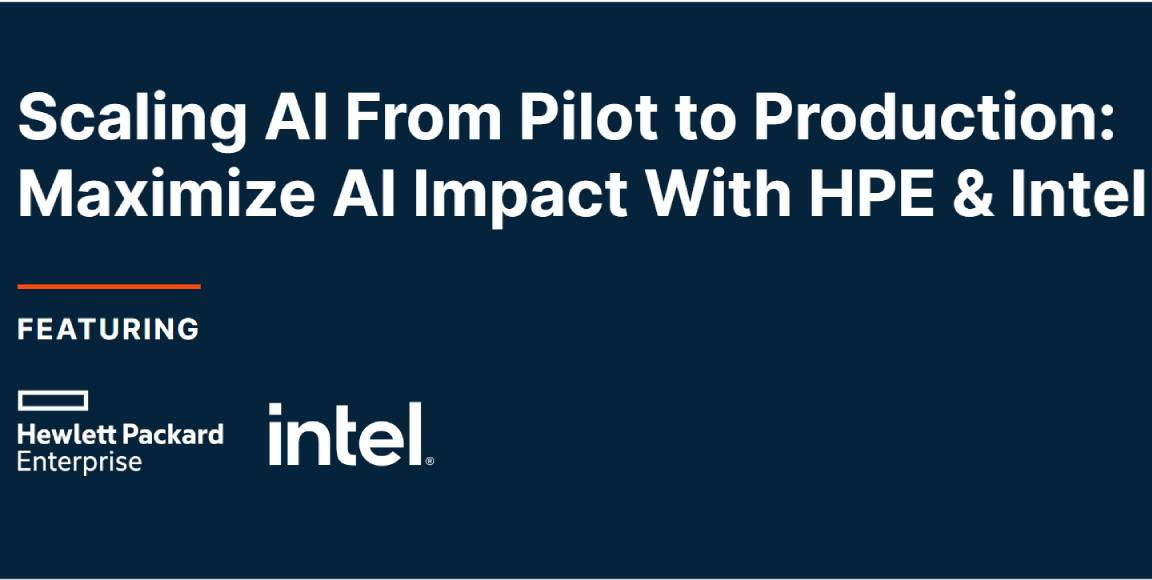 Scaling AI from pilot to production: Maximize AI impact with HPE & Intel
Scaling AI from pilot to production: Maximize AI impact with HPE & IntelWhitepaper Transform AI proof-of-concepts into full-scale implementations
By ITPro
-
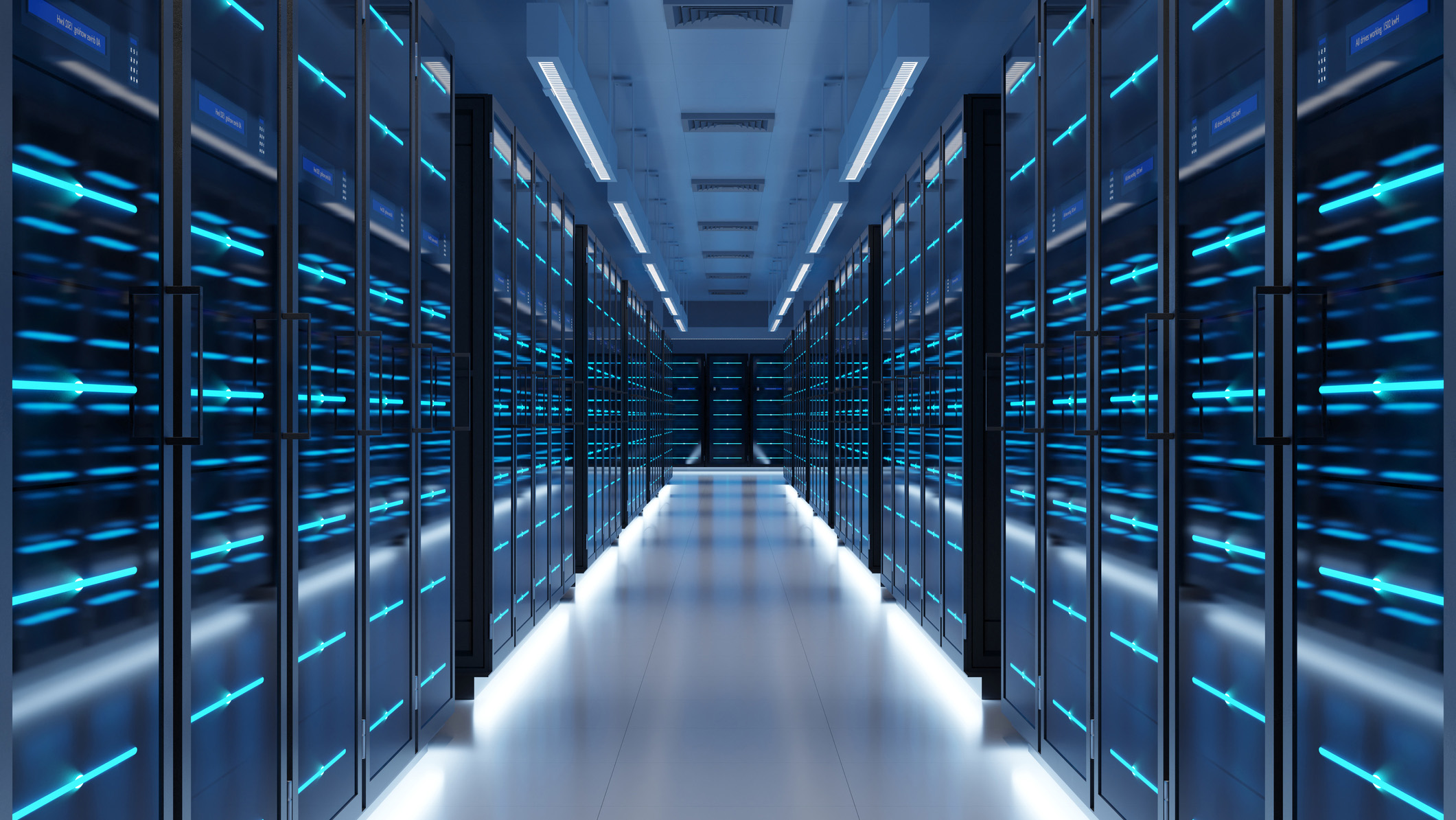 UK supercomputer boom as HPE and Dell receive funding for new AI cluster
UK supercomputer boom as HPE and Dell receive funding for new AI clusterNews The UK’s AI computing capabilities will increase by an order of magnitude in 2024
By Rory Bathgate
-
 AI gold rush continues as Hugging Face snags $235 million from IBM
AI gold rush continues as Hugging Face snags $235 million from IBMNews The investment round, which brings the company's valuation to $4.5 billion, also includes Amazon, Google, Intel, and Salesforce
By Richard Speed
-
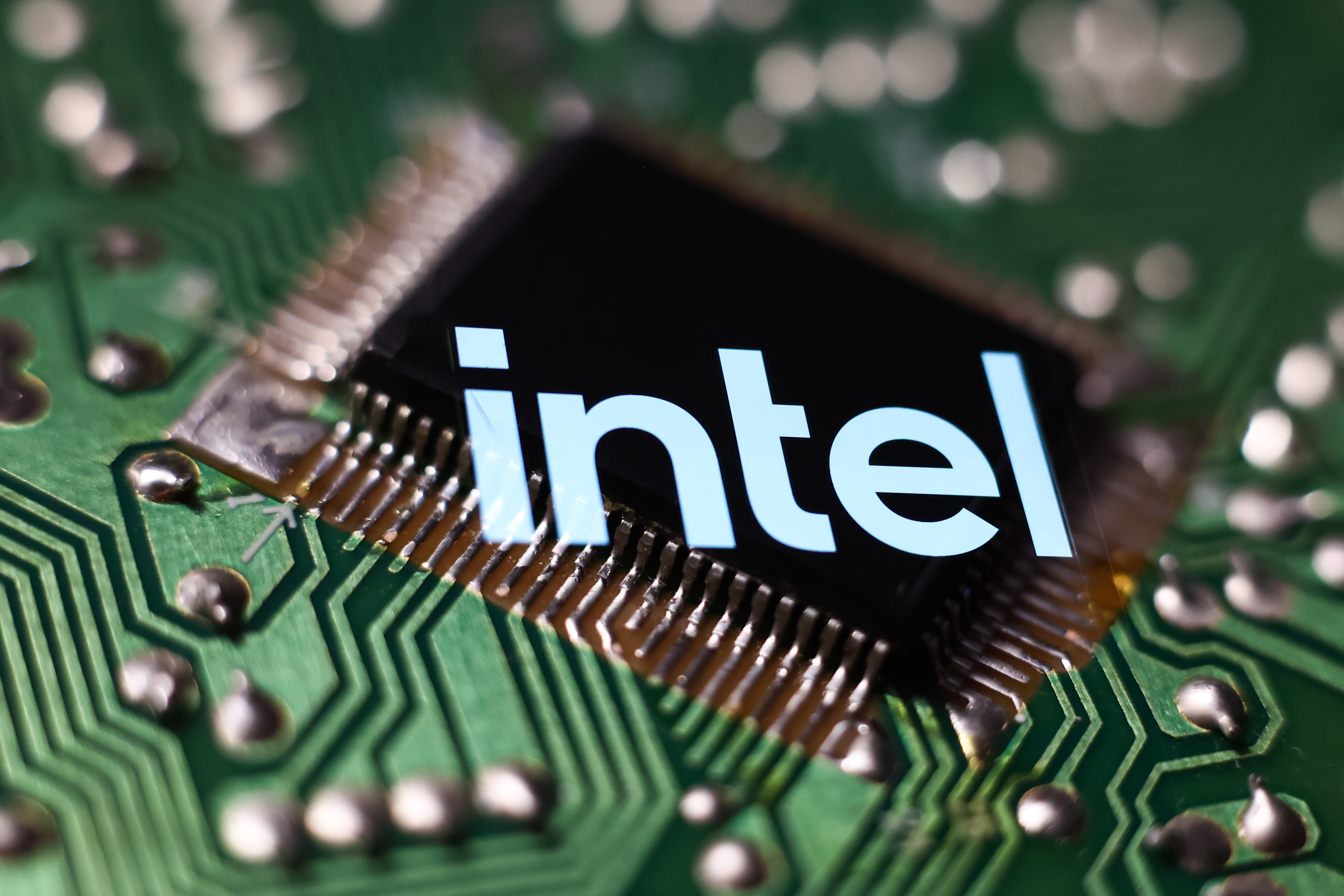 Why is ASUS reviving Intel’s NUC mini-PC line?
Why is ASUS reviving Intel’s NUC mini-PC line?News The diminutive PC is to rise again while analysts look for the business case
By Richard Speed
-
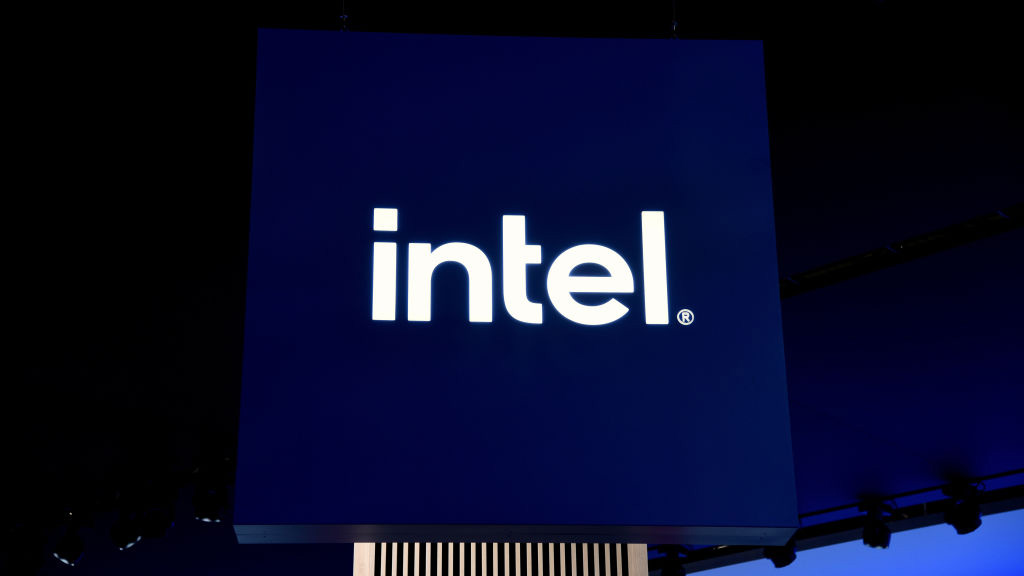 Intel targets AI hardware dominance by 2025
Intel targets AI hardware dominance by 2025News The chip giant's diverse range of CPUs, GPUs, and AI accelerators complement its commitment to an open AI ecosystem
By Rory Bathgate
-
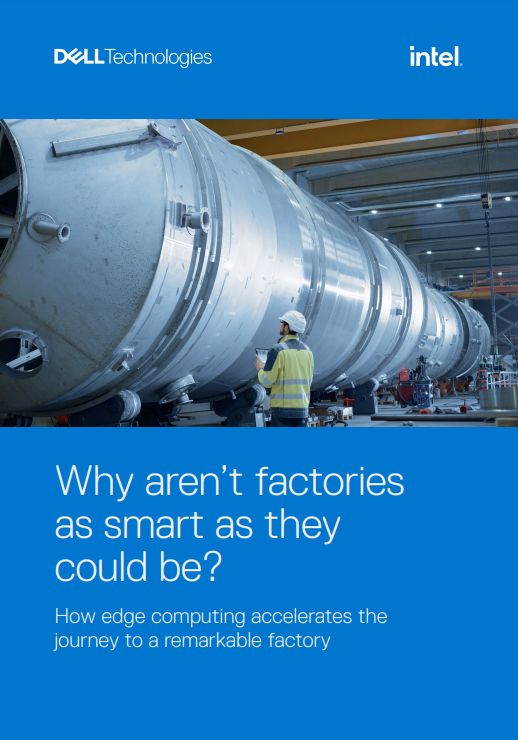 Why aren’t factories as smart as they could be?
Why aren’t factories as smart as they could be?Whitepaper How edge computing accelerates the journey to a remarkable factory
By ITPro
-
 Who needs Intel vPro®, An Intel® Evo™ Design, anyway?
Who needs Intel vPro®, An Intel® Evo™ Design, anyway?Sponsored With flexible work on the up, the demand for high performance on-the-go business laptops has never been greater
By ITPro